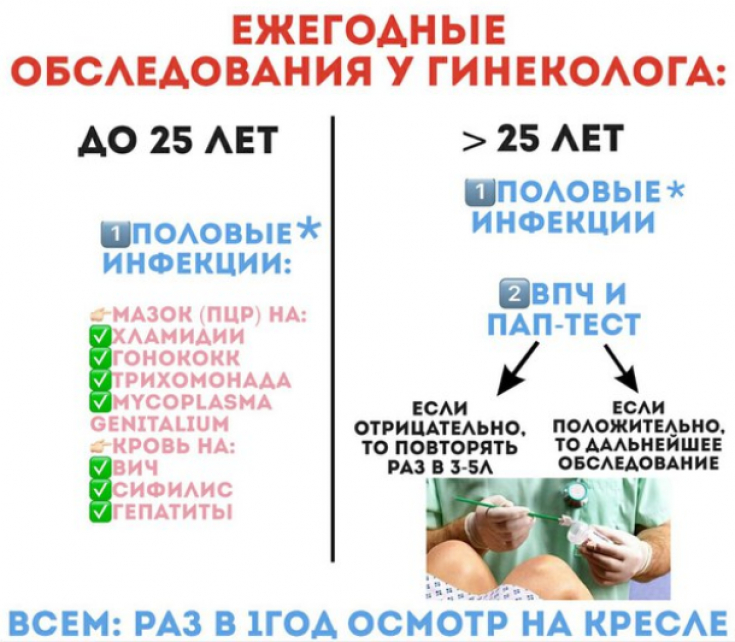Professor of Medicine at Harvard Medical School and Women's Hospital in Boston, Massachusetts, Dr. Joanne Manson presented compelling data on the relationship between weight loss and postmenopausal breast cancer risk.
In the article estet-portal.com you can read in detail the results of a large-scale study conducted as a result of the support of the Women's Health Initiative (WHI), which confirms the effectiveness of even modest weight loss in preventing the development of breast cancer.
Impact of obesity on breast cancer risk
From several studies, obesity is known to be a risk factor for developing breast cancer after menopause. But few studies have investigated whether weight loss can reduce this risk. The answer to this question implies long-term follow-up.

We know from other studies that weight loss is associated with lower levels of estrogen and blood inflammatory biomarkers and reduced insulin resistance, all of which should reduce the risk of postmenopausal breast cancer.
Watch the most interesting videos on our channel in Youtube
Statistical confirmation of the effectiveness of weight loss
The cohort consisted of over 61,000 women who attended clinic visits where their body weight was assessed at baseline and again after 3 years. These women were classified as having stable weight (<5% change in body weight during these 3 years), women with weight loss (they lost > 5% of starting weight), or weight gain > 5%. The researchers then followed these women for an average of 11 years, taking into account the incidence of postmenopausal breast cancer.
Women with a weight loss of at least 5% of their body weight were found to have a statistically significant 12% reduction in their risk of developing postmenopausal breast cancer compared to women with a stable weight.
Women who had weight gain did not have an overall increase in breast cancer risk, but they did have a significant increase in risk of triple negative breast cancer. It is believed that these findings should be interpreted with caution because different subtypes of cancer have been considered.
Triple-negative breast cancer consists of atypical cells that lack estrogen (ER-), progesterone (PR-), and HER2 (HER2-) receptors.
Weight loss is associated with a reduced risk of breast cancer
Overall, these data suggest that even modest weight loss is associated with a reduced risk of postmenopausal breast cancer. At the WHI, an earlier study found that weight loss was also associated with a reduced risk of endometrial cancer.

In terms of advice to patients, it is certainly important to encourage healthy lifestyle practices to achieve weight loss, such as regular physical activity, healthy and sustainable dietary changes, and avoidance of excessive alcohol consumption. These recommendations will achieve sustainable weight loss more effectively than any drastic calorie restriction that cannot be sustainable.
Even modest weight loss can reduce the risk of postmenopausal breast cancer.
Thank you for staying with estet-portal.com. Read other interesting articles in the "Gynecology" section. You may be interested in Clinical forms and early signs of breast cancer
Adapted from Medscape







Add a comment